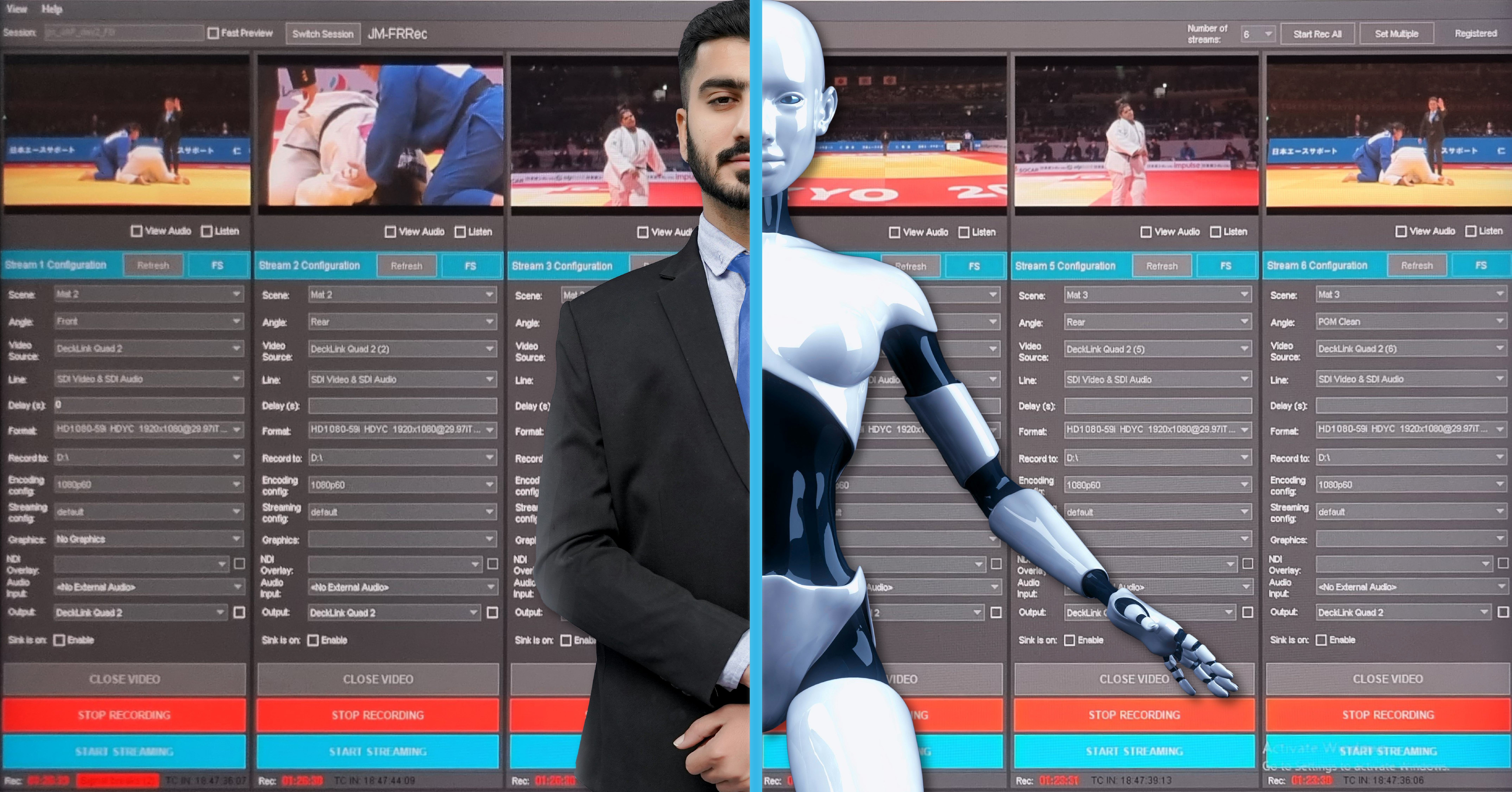Can Artificial Intelligence Replace Human Judgment?
In the ever-evolving landscape of sports broadcasting and analytics, the advent of artificial intelligence (AI) has brought about transformative changes. From automated video highlights to real-time game analysis, AI technology is becoming increasingly integral to the sports industry. However, a question remains: Can artificial intelligence replace human judgment?

AI has revolutionized sports broadcasting and analytics by offering several significant advantages:
1. Speed and Efficiency:
- AI systems can process vast amounts of data in real-time, providing instant insights and analytics that would take humans considerably longer to compile. This capability is especially crucial in live sports broadcasting, where timely and accurate information enhances viewer experience.
2. Consistency and Accuracy:
- AI algorithms excel at performing repetitive tasks with high accuracy. They can consistently track player movements, analyze game strategies, and generate highlights without the risk of human error or fatigue.
3. Advanced Analytics:
- AI-driven tools can uncover patterns and correlations within data that might be overlooked by human analysts. These advanced analytics capabilities provide deeper insights into player performance, team dynamics, and game outcomes.
While AI offers numerous benefits, human judgment remains irreplaceable in several aspects of sports broadcasting and analytics:
1. Contextual Understanding:
- Human analysts bring a deep understanding of the game's context, history, and nuances. This contextual knowledge is essential for interpreting data meaningfully and making informed decisions that consider the broader picture.
2. Emotional Intelligence:
- Sports are not just about numbers; they are about passion, emotion, and storytelling. Human broadcasters and analysts can capture and convey the emotional aspects of the game, creating a connection with the audience that AI cannot replicate.
3. Ethical Considerations:
- Human judgment is crucial in navigating ethical considerations, such as fair play, sportsmanship, and the impact of decisions on players and teams. AI lacks the moral reasoning required to address these complex issues.
4. Creativity and Innovation:
- Human creativity drives innovative analysis and unique broadcasting approaches. Analysts and commentators can provide fresh perspectives, engage in insightful discussions, and deliver compelling narratives that enrich the viewing experience.
The Future: A Collaborative Approach
Rather than viewing AI as a replacement for human judgment, the future of sports broadcasting and analytics lies in a collaborative approach. AI can handle data-intensive tasks, providing rapid and accurate analysis, while humans bring contextual understanding, emotional intelligence, and creativity to the table.
By leveraging the strengths of both AI and human expertise, sports broadcasting and analytics can reach new heights. For example, AI can generate initial insights and identify trends, which human analysts can then interpret and elaborate on, offering deeper, more nuanced analysis. This synergy ensures that the audience receives both the precision of AI and the rich, engaging experience provided by human broadcasters.
Artificial intelligence is undoubtedly a powerful tool in sports broadcasting and analytics, offering speed, accuracy, and advanced insights. However, human judgment remains irreplaceable, providing contextual understanding, emotional intelligence, ethical considerations, and creativity. The future of sports broadcasting and analytics lies in a harmonious blend of AI and human expertise, delivering the best of both worlds to enhance the sports experience for all.
